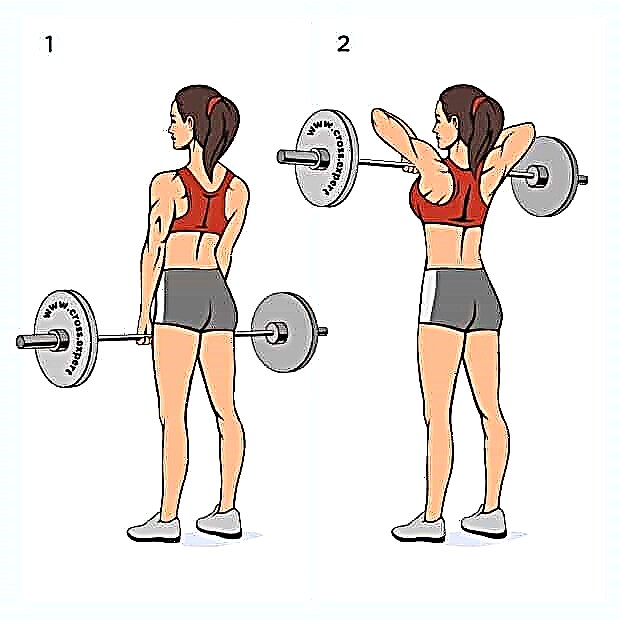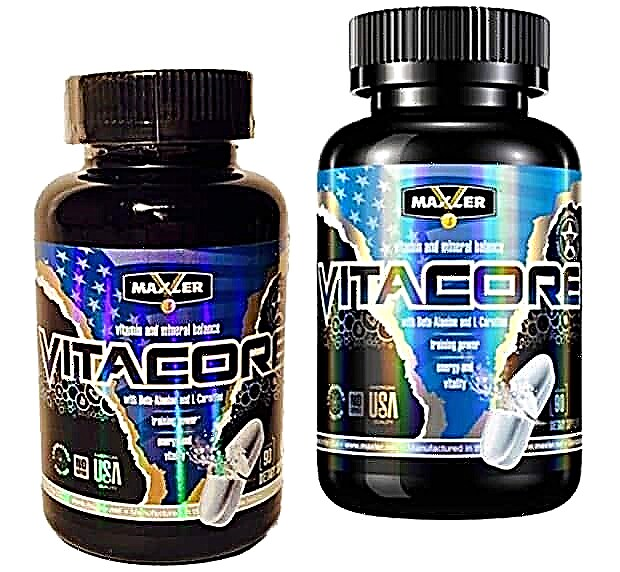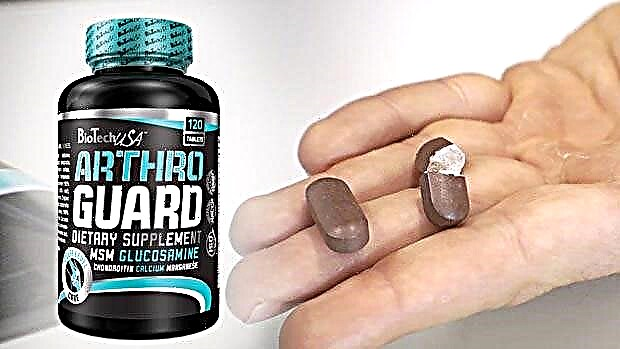An interesting fact: in the human body, one and the same chemical is responsible for the dedication and ability to achieve what you want, as well as for the formation of the most severe forms of addiction. This is the dopamine hormone - unique and amazing. Its functions are varied, and deficiency and overabundance lead to severe consequences and directly affect the state of health.
Dopamine - the hormone of joy
Dopamine is called the hormone of pleasure and happiness for a reason. It is naturally produced during positive human experiences. With its help, we enjoy elementary things: from the scent of flowers to pleasant tactile sensations.

The normal level of the substance helps a person:
- sleep well;
- think quickly and make decisions easily;
- effortlessly concentrate on the important;
- enjoy food, intimate relationships, shopping, etc.
The chemical composition of the hormone dopamine belongs to catecholamines, or neurohormones. These kind of mediators provide communication between the cells of the whole organism.
In the brain, dopamine plays the role of a neurotransmitter: with its help neurons interact, impulses and signals are transmitted.
The dopamine hormone is part of the dopaminergic system. It includes 5 dopamine receptors (D1-D5). The D1 receptor affects the functioning of the central nervous system. Together with the D5 receptor, it stimulates energy and metabolic processes, participates in cell growth and organ development. D1 and D5 give energy and tone the person. The D2, D3 and D4 receptors belong to a different group. They are more responsible for emotions and intellectual capabilities (source - Bulletin of the Bryansk Medical University).
The dopaminergic system is represented by complex pathways, each of which has strictly defined functions:
- the mesolimbic pathway is responsible for the sensations of desire, reward, pleasure;
- the mesocortical pathway ensures the completeness of motivational processes and emotions;
- The nigrostriatal pathway controls motor activity and the extrapyramidal system.
By stimulating the extrapyramidal system as a neurotransmitter, dopamine provides an increase in motor activity, a decrease in excessive muscle tone. And the part of the brain, called the substantia nigra, determines the emotions of mothers in relation to their children (source - Wikipedia).
What and how does the hormone affect
Dopamine is responsible for many functions in our body. It dominates two important brain systems at once:
- encouragement;
- assessment and motivation.
The reward system motivates us to get what we need.
We drink water, eat and enjoy it. I want to repeat the pleasant sensations. This means that there is motivation to perform a certain algorithm of actions again.
The ability to remember, learn, and make decisions is also directly dependent on the dopamine hormone. Why are young children better at learning new knowledge if they get it in a playful way? It's simple - such training is accompanied by positive emotions. The dopamine pathways are stimulated.
Curiosity is considered a variant of intrinsic motivation. It encourages you to look for answers to questions, solve riddles, explore the environment in order to learn about the world and improve. Curiosity triggers the reward system and is fully regulated by dopamine.
Swedish scientists have empirically found out that creativity is more often manifested in people with a low density of D-2 dopamine receptors in the thalamus. This area of the brain is responsible for analyzing incoming information. Creativity, the ability to think outside the box, find new solutions appear when receptors filter the incoming signals less and let more "raw" data pass.
Personality type (extroverted / introverted) and temperament also depend on susceptibility to the effects of dopamine. An emotional, impulsive extrovert needs more hormone to become normal. Therefore, he is looking for new impressions, strives for socialization, sometimes takes unnecessary risks. That is, he lives richer. But introverts, who need less dopamine for a comfortable existence, are less likely to suffer from various kinds of addictions (source in English - the medical journal Science Daily).
In addition, the normal functioning of internal organs is impossible without a certain concentration of the hormone dopamine.
It ensures a stable heart rate, kidney function, regulates motor activity, and reduces excess intestinal motility and insulin levels.
How does it function
Structurally, the dopaminergic system is similar to the crown of a branched tree. The dopamine hormone is produced in specific areas of the brain and then distributed in several ways. He begins to move along a large "branch", which further branches into smaller ones.
Dopamine can also be called the "hormone of heroes". The body actively uses it to generate adrenaline. Therefore, in critical situations (with injuries, for example) there is a sharp dopamine jump. So the hormone helps a person adapt to a stressful situation and even blocks pain receptors.
It has been proven that the synthesis of the hormone begins already at the stage of anticipation of pleasure. This effect is fully used by marketers and advertising creators, attracting buyers with bright pictures and loud promises. As a result, a person imagines that he possesses a certain product, and the dopamine level that jumped up from pleasant thoughts stimulates the purchase.
Dopamine release
The base substance for the production of the hormone is L-tyrosine. The amino acid enters the body with food or is synthesized in liver tissues from phenylalanine. Further, under the influence of an enzyme, its molecule is transformed and converted into dopamine. In the human body, it is formed in several organs and systems at once.
As a neurotransmitter, dopamine is produced:
- in the black matter of the midbrain;
- the nucleus of the hypothalamus;
- in the retina.
The synthesis takes place in the endocrine glands and some tissues:
- in the spleen;
- in the kidneys and adrenal glands;
- in bone marrow cells;
- in the pancreas.
The effect of bad habits on hormone levels
Initially, the hormone dopamine served a person exclusively for the good.
He motivated our ancestors to get high-calorie food and rewarded him with a portion of pleasant sensations.
Now food has become available, and in order to achieve the desired level of enjoyment from it, people begin to overeat. Obesity is a serious medical problem in all developed countries.

Chemicals artificially provoke the production of the hormone: nicotine, caffeine, alcohol, etc. Under their influence, a dopamine surge occurs, we experience pleasure and strive to get its dose over and over again.... What happens in the body at this time? The brain adapts to excessive stimulation of dopamine receptors and, saving them from "burnout", reduces the natural production of the hormone. Its level falls below normal, there is dissatisfaction, bad mood, discomfort.
To improve the psycho-emotional status, the person again resorts to artificial stimulation. This helps for a short time, but the receptors continue to lose sensitivity, and some of the nerve cells die off. A vicious circle arises: tolerance to excess hormone increases, pleasure becomes less, tension - more. Now a portion of nicotine or alcohol is needed for a normal state, and not for a "high".
Quitting a bad habit is not easy. After the stimulant is canceled, the receptors are restored for a long time and painfully. A person experiences anguish, internal pain, depression. The recovery period for an alcoholic, for example, lasts up to 18 months, or even longer. Therefore, many do not stand up and again fall on the dopamine "hook".
The role of exercise
The good news: there is a way to increase the amount of the substance without harm to health. The hormone dopamine is produced during sports. But it is important to follow the basic principles of training:
- moderation of physical activity;
- regularity of classes.
The scheme is simple here. The body experiences light stress and begins to prepare itself for stress.
The defense mechanism is activated, for the further synthesis of adrenaline, a portion of the hormone of joy is produced.
There is even such a concept - runner's euphoria. During a long run, a person experiences an emotional uplift. In addition to the health benefits in general, systematic physical education provides another pleasant bonus - a rush of pleasure from raising dopamine levels.
Low dopamine levels - consequences
Boredom, anxiety, pessimism, irritability, pathological fatigue - all these symptoms signal a lack of the hormone dopamine in the body.
With its critical decrease, more serious diseases arise:
- depression;
- attention deficit hyperactivity disorder;
- loss of interest in life (anhedonia);
- Parkinson's disease.
The lack of the hormone also affects the work of some organs and systems.
There are disorders in the cardiovascular system, pathology of the endocrine organs (thyroid and gonads, adrenal glands, etc.), libido decreases.
To determine the level of dopamine, doctors send the patient for a urinalysis (less often blood) for catecholamines.
If the lack of substance is confirmed, doctors prescribe:
- dopaminomimetics (spitomin, cyclodinone, dopamine);
- L-tyrosine;
- preparations and supplements containing gingo biloba plant extract.
However, the main recommendations for people suffering from hormone fluctuations is the universal principle of a healthy lifestyle: balanced nutrition and active physical education.
List of foods that affect dopamine hormone levels
| Stimulating level increase | Decreasing products |
|
|
What are the consequences of increased dopamine levels?
An excess of the hormone dopamine also does not bode well for a person. Moreover, dopamine excess syndrome is dangerous. The risk of developing severe mental illnesses is increased: schizophrenia, obsessive-compulsive and other personality disorders.
Too high a quantity appears as:
- hyperbulia - a painful increase in the intensity of hobbies and interests, rapid variability;
- increased emotional sensitivity;
- excessive motivation (the consequence is workaholism);
- dominance of abstract thinking and / or confusion of thoughts.
The reason for the formation of various pathological addictions is also an increased level of the hormone. A person suffers from such painful addictions as gambling addiction, drug addiction, uncontrolled craving for computer games and social networks.
However, the biggest problem when dopamine production is disrupted is the irreversible degradation of some areas of the brain.
Conclusion
Live consciously! Maintain the dopamine hormone. In this state, you will feel great, achieve what you want and enjoy life. Control hormones so they don't control you. Be healthy!









